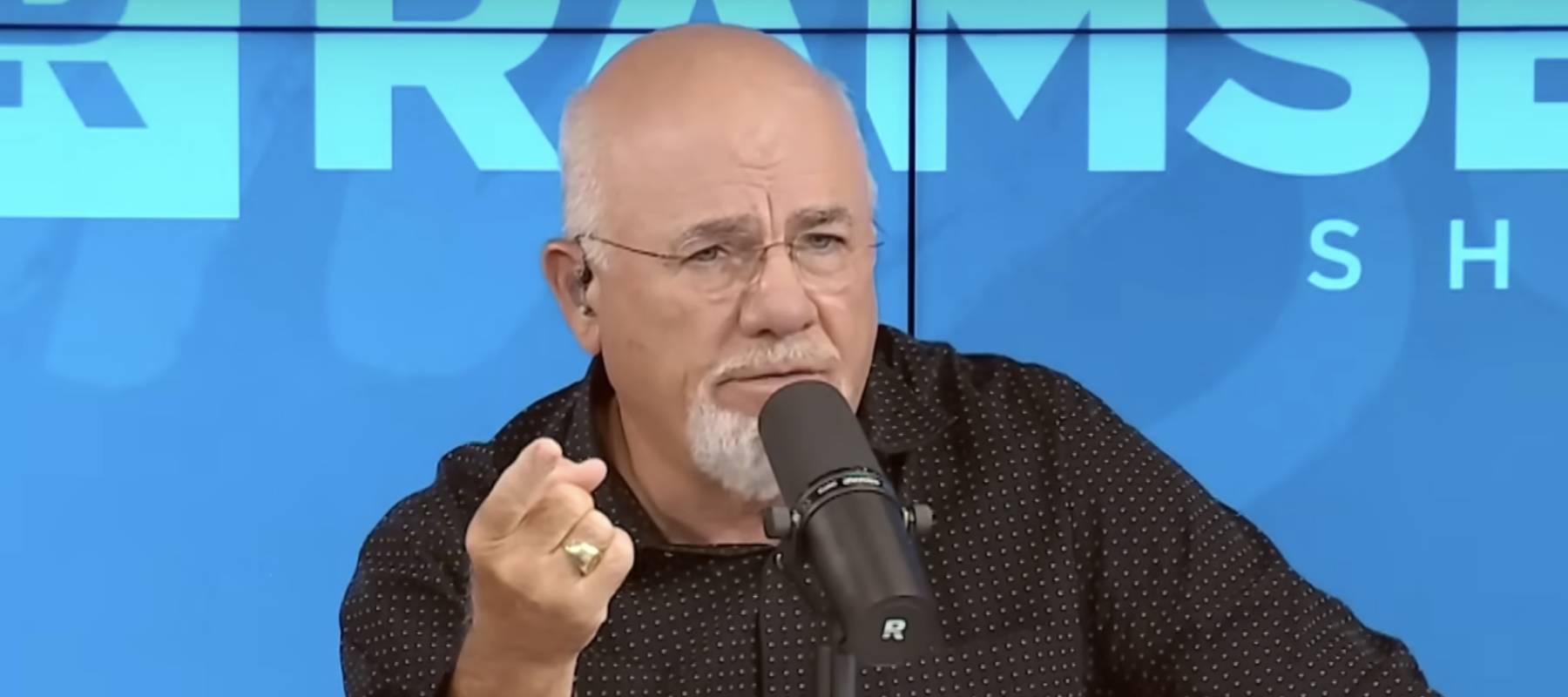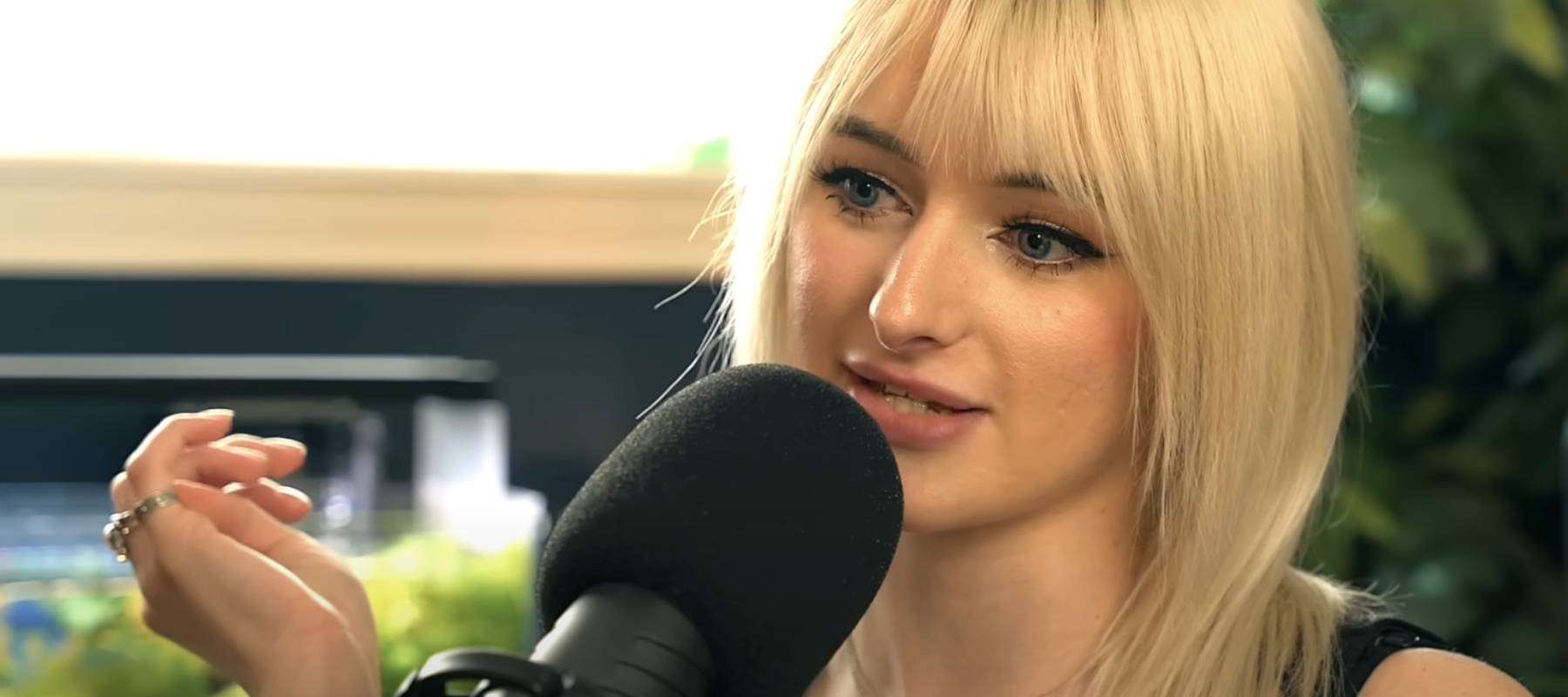
The best custodial accounts for 2024
tete_escape / Shutterstock
We adhere to strict standards of editorial integrity to help you make decisions with confidence. Please be aware that some (or all) products and services linked in this article are from our sponsors.
We adhere to strict standards of editorial integrity to help you make decisions with confidence. Please be aware that some (or all) products and services linked in this article are from our sponsors.
If you want to start investing for your child's future, opening a custodial account is an excellent idea. This account lets you invest in a variety of assets on behalf of your child. And when they turn of age, they gain access to their funds and don't face the same restrictions they would with something like a 529 plan for education spending.
However, there are plenty of custodial account providers on the market. And some accounts come from fully-fledged brokers while others are provided by simpler investing apps.
To help you make the right choice, we're examining some of the best custodial accounts available and how to make the right choice.
The best custodial accounts right now
Ally
Quick Facts
Best for: Investing and banking options
Ally is number one on our list of the best custodial accounts because of the range of account types it supports. For starters, you can open a custodial account under Ally Invest or Ally Invest Robo Portfolios, letting you and your child invest for the future however you want. Like other custodial accounts, your child gains control of the account when they reach 18 or 21 depending on your state's laws.
Custodial accounts aside, we also Ally for its banking options. It has one of the top high-yield savings accounts, as well as a rewards checking account. If you're looking for a kids savings account and somewhere for your child to invest, you can do it all with Ally.
TD Ameritrade
Quick Facts
Best for: Customer service
TD Ameritrade has a number of account types for investing for your child's future. For starters, you can go with a 529 plan or Coverdell ESA to save for your child's education. TD Ameritrade also supports UGMA/UTMA custodial accounts where you can invest and manage an account for your child until they reach the age of majority.
You don't pay commission for stock and ETF trades like other brokers. And we like TD Ameritrade for its stellar customer support. There's 175+ branches nationwide, and TD Ameritrade offers 24/7 phone customer support as well. And you can also explore minor accounts through TD Bank to keep your child's banking and investment accounts under one roof.
Vanguard
Quick Facts
Best for: Low-fee funds
Like TD Ameritrade, Vanguard also offers UGMA/UTMA custodial accounts as well as a 529 plan account. And it's one of the best custodial accounts out there because of Vanguard's array of low-fee ETFs and index funds. In fact, Vanguard is so well-known for its cost-effective funds that many robo-advisors and microsaving apps build portfolios with its funds.
You don't pay any enrollment, transfer, or advisor fees if you're a self-directed client. Overall, Vanguard is one of the most reputable brokers out there, and it has some of the best funds in the business.
Merrill Edge
Quick Facts
Best for: ESG investing
Merrill Edge is another popular online broker that's also owned by Bank of America. With its UGMA/UTMA custodial account, you can invest in a range of assets including stocks, ETFs, mutual funds, and bonds. And with no minimum deposit requirements or account maintenance fees, it's an excellent option for new investors.
We also like Merrill Edge since it has a Guided Investing option that supports custodial accounts. There's a $1,000 minimum deposit requirement for the online-only version that doesn't include a human financial advisor. You also pay 0.45% in annual management fees, which is higher than robo-advisors like Betterment or Wealthfront.
However, Merrill Edge has some of the best ESG investing options, so you and your child can build a socially responsible investing portfolio together if that's important to you.
Fidelity
Quick Facts
Best for: Flexibility
One final custodial account provider you can consider is Fidelity. This online broker offers UGMA/UTMA custodial accounts and supports investments like stocks, options, mutual funds, bonds, CDs, and even fractional shares. It also has plenty of no-transaction-fee mutual funds, making it one of our favorite brokers for mutual fund investing.
And what's nice about Fidelity is that it also has a youth account for children between the ages of 13 and 17. This isn't a joint or custodial account, so the money in the account belongs to your teen. Investments are also more limited to U.S. stocks and ETFs and Fidelity mutual funds. If you prefer this account type over a custodial account, the variety is nice to have.
How do custodial accounts work?
With a custodial account, an adult like a parent or guardian opens an account for a minor and manages the assets in that account on their behalf. This includes investing in numerous asset classes, like stocks and ETFs, with the goal of helping the child build wealth for the future.
Once your child reaches 18 or 21 depending on your state's laws, they gain control of the custodial account and its assets. At this point, it's typically converted into a regular brokerage account with the same broker to keep life simple.
A custodial account is different from a joint brokerage account, which is a brokerage account with two owners (which could be you and your child).
UGMA vs. UTMA Accounts – What's the difference?
The best custodial accounts offer UGMA and UTMA accounts. Both accounts are similar, but there are some slight differences to note:
- Uniform Gift to Minors Act (UGMA) Accounts: This account can hold financial assets like cash, stocks, bonds, and other investments.
- Uniform Transfers to Minors Act (UTMA) Accounts: This account can hold the same financial assets as a UGMA account but can also hold other property, like real estate, a deed, or a vehicle.
It's worth noting that South Carolina doesn't allow for UTMA accounts. Additionally, transfers to a UGMA or UTMA are irrevocable, meaning you can't withdraw the funds or change your mind. And the minor for the account can't legally access the money until they reach the age of majority in the state. As a parent, you don't get to designate what the money is supposed to be used for either once your child comes of age.
Pros and cons of custodial accounts
Pros
- Flexibility: Your minor can use their funds and assets for any purpose when they come of age, not just education like with a 529 plan.
- Tax-advantages: Unearned income in a UGMA/UTMA account is taxed differently since your child is the owner of the account. The first $1,150 of unearned income qualifies for standard deductions and the next $1,150 is taxed at the kiddie tax rate. Unearned income over this amount is taxed at the parent or guardian's tax rate.
- Setup ease: Creating a custodial account is simple and often free, whereas creating a trust fund is more complicated.
- No contribution or income limits: You don't face annual contribution limits or income limits with custodial accounts.
Cons
- Potential financial aid reduction: Since your child owns the assets in their custodial account, this can impact their ability to claim financial aid.
- Irrevocable contributions: As mentioned, you can't reverse a contribution you make to a custodial account.
- Potentially fewer tax benefits: Many parents often use 529 plans over UGMA/UTMA accounts since you can get more tax benefits.
What are some other options?
If you research the best custodial accounts, you might find a range of options that are slightly different from going with a major bank or brokerage. Some of these popular options include:
- Acorns: A leading microsavings app that offers UGMA/UTMA accounts through its Acorns Early plan.
- Greenlight: One of the most popular checking accounts for kids and teens that also lets parents invest for their kids in their brokerage own account.
- Stockpile: A popular stock gifting app that supports custodial and individual brokerage accounts.
- UNest: An app-based UTMA account provider that makes it easy to invest for your child's future.
The advantage of these apps is that they simplify investing. For example, apps like Acorns round-up spare change from purchases and invest in different portfolios to match your goals and risk tolerance, just like a robo-advisor. And apps like UNest let you make monthly contributions as low as $25 per month to a portfolio of Vanguard funds for your child.
The downside is that these apps charge monthly fees for the luxury of simplification. For example, UNest costs $2.99 per month, and Acorns Early costs $5 per month.
This might not sound too bad, but leading brokers like Ally Invest and TD Ameritrade let you invest in stocks and ETFs commission-free. And when your child comes of age, they'd probably prefer a brokerage account at a fully-fledged broker than figuring out what to do with their Stockpile account.
The bottom line is the most effective long-term solution is to learn how to invest and to stick with a leading broker. And you can always open custodial accounts with robo-advisor services these brokers offer if you need some guidance.
Factors to consider when choosing a custodial account
Now that you know the difference between UGMA/UTMA accounts and why going with a major broker is best, here are a few more factors to consider when picking a custodial account.
- Fees: The best custodial accounts don't charge monthly fees or commissions for stock and ETF trading.
- Account Minimums: Most brokers have $0 funding requirements for custodial accounts, but watch for any minimum requirements, especially for robo-advisor type services.
- Available Assets: What assets do you plan on investing in? Outline this information first so you know if brokers with no-transaction-fee mutual funds or more ETF options are worth it to you or not.
- Other Features: Other features like child savings accounts, robo-advisors, access to human advisors, or various banking features can make one custodial account provider superior to others.
Bottom line
Helping your child build wealth early on is an amazing gift. After all, if you can help them get a running start in adulthood, it could translate to graduating without debt or buying their first car more easily.
A custodial account is therefore an amazing tool for parents. Just compare the tax-benefits you might get with a 529 plan versus the flexibility of a custodial account to see which option is best for your family.










